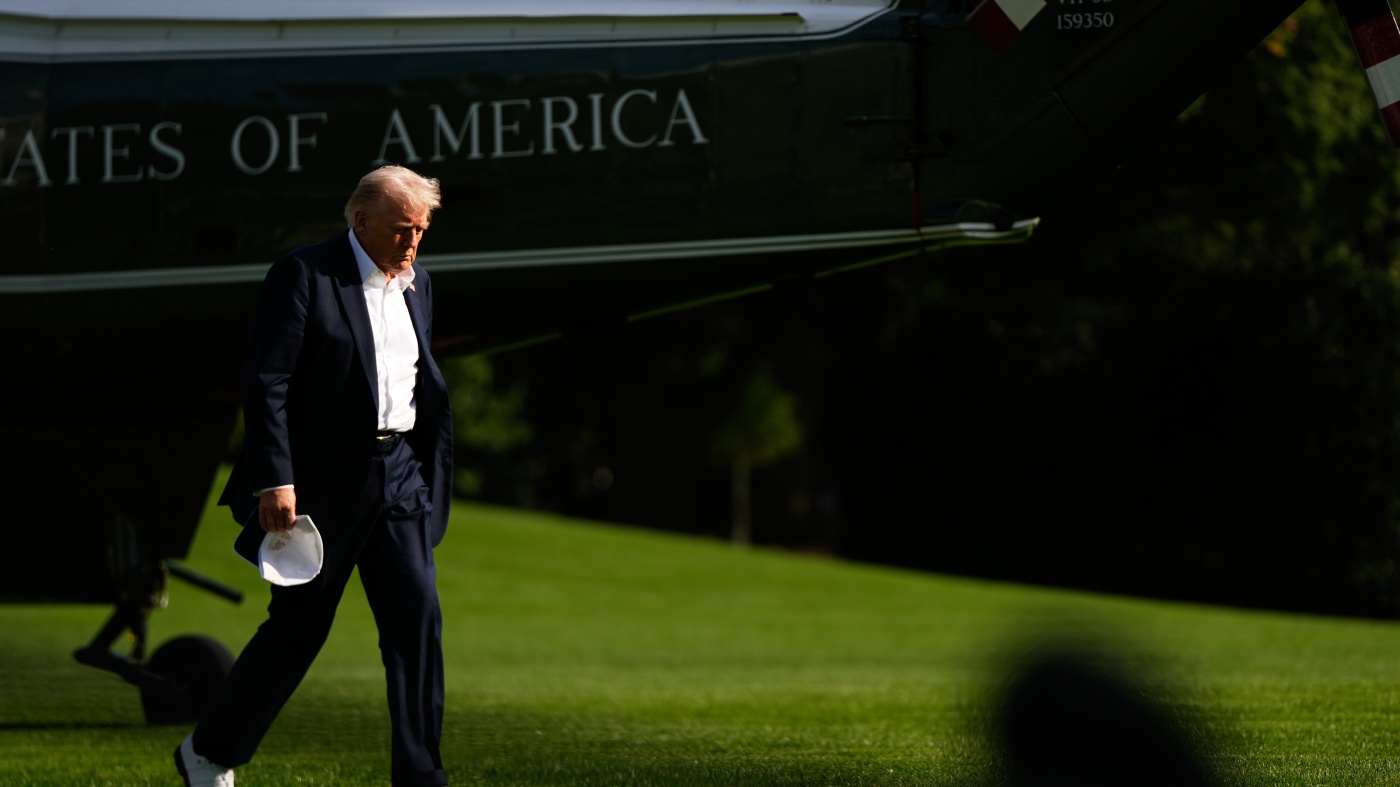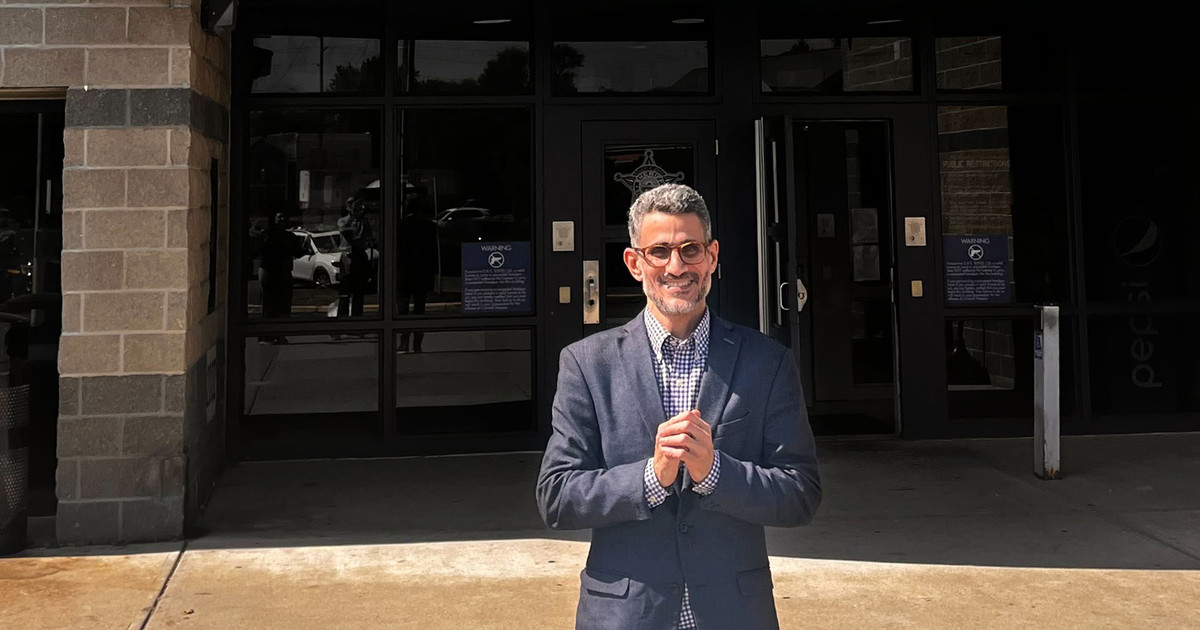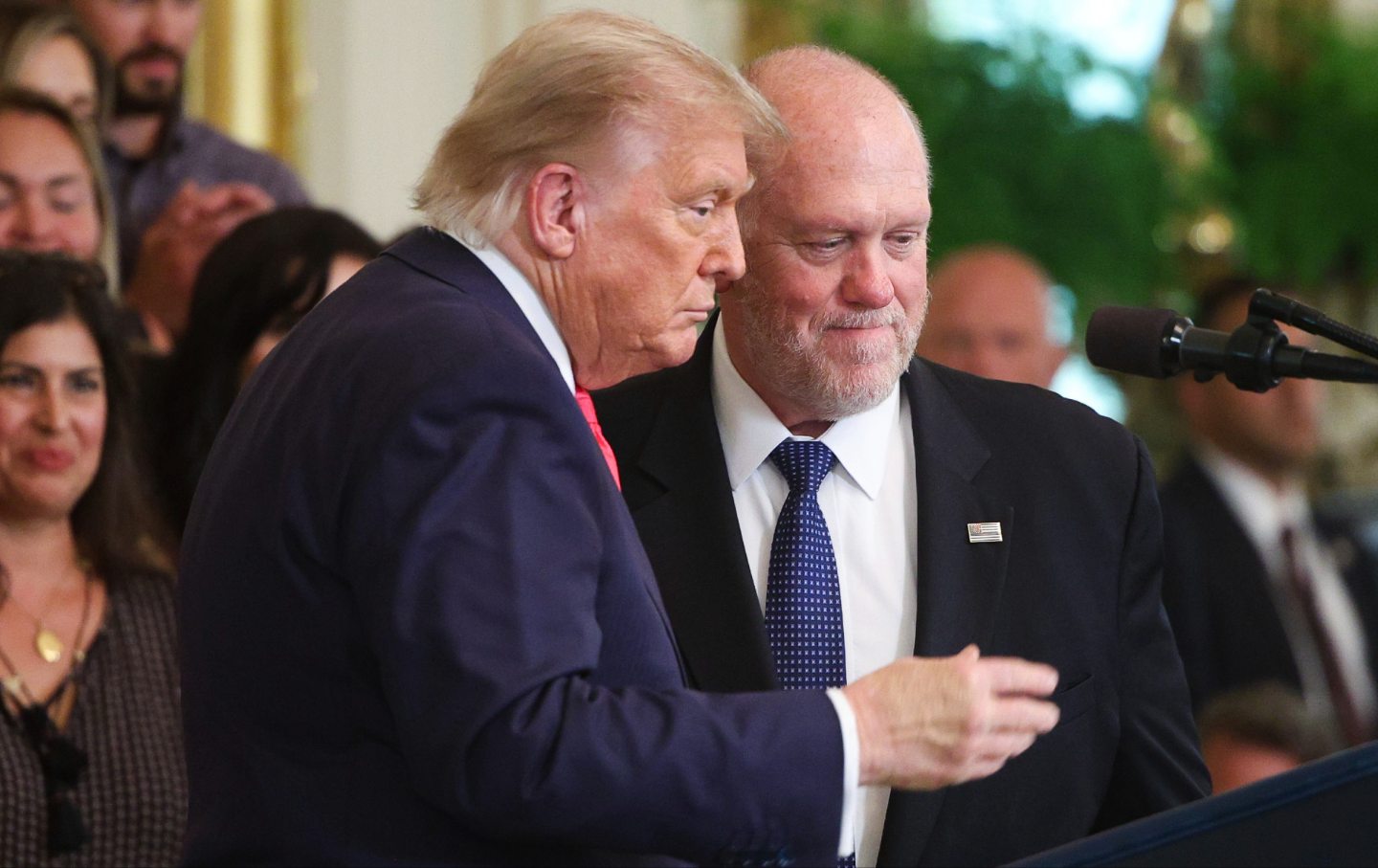
PORTLAND, Oregon — In a controversial move, President Donald Trump announced on Saturday that he plans to send troops to Portland, Oregon, stating he would “authorize Full Force, if necessary,” to confront what he labels “domestic terrorists.” This declaration marks an escalation of his administration’s deployments to various American cities amid ongoing civil unrest and protests.
The President took to social media to disclose his directive to the Department of Defense, insisting that troops are needed to safeguard U.S. Immigration and Customs Enforcement (ICE) facilities, which he claimed are “under siege from attack by Antifa and other domestic terrorists.” However, the White House has yet to provide specifics, such as the timeline for deployment or the types of troops that will be involved.
At a Friday night news conference, Democratic U.S. Senator Jeff Merkley cautioned the public against engaging with federal troops, urging citizens to “not take the bait.” He emphasized the importance of expressing views and protesting but advised keeping a safe distance from federal forces, warning that their presence could provoke conflict.
Trump’s threats to deploy the National Guard are not new; he previously suggested sending them to Chicago but has not yet acted on that promise. A smaller deployment in Memphis, Tennessee, is anticipated soon, consisting of approximately 150 troops—far fewer than the thousands dispatched to Washington, D.C., during the President’s crackdown on protests or the significant force sent to Los Angeles in response to immigration protests.
As the situation develops, Pentagon officials have not responded to inquiries regarding the proposed troop deployment, nor has the office of Oregon Governor Tina Kotek, a Democrat.
Portland Mayor Keith Wilson expressed concern about the sudden influx of federal agents, highlighting the arrival of armored vehicles and personnel on the streets. “We did not ask for them to come,” the mayor stated. “They are here without clear precedent or purpose.” His comments reflect a growing unease among local leaders regarding federal intervention.
Portland, with a population of 636,000, has been a focal point for protests since the killing of George Floyd by Minneapolis police in 2020. Following that tragedy, the city witnessed extensive racial justice demonstrations, which sometimes turned violent. The Trump administration responded by deploying hundreds of agents, including those from the U.S. Border Patrol, ostensibly to protect federal property from vandalism, including the federal courthouse.
Recent protests in Portland have been significantly more subdued, primarily centered around the ICE building located outside the downtown area, which was previously the epicenter of protests. The building’s main entrance and ground-floor windows have been boarded up and are covered in graffiti as tensions continue to simmer.
While some federal agents have reported injuries and several protesters face assault charges, demonstrators allege that they, too, have experienced violence. The Department of Homeland Security condemned recent protests, including an incident involving a guillotine, labeling the behavior as “unhinged.”
In the backdrop of these developments, city officials and community groups are working to highlight the recovery of Portland’s downtown area since the height of protests in 2020. This summer reportedly saw the busiest pedestrian traffic since before the COVID-19 pandemic, and a recent report from the Major Cities Chiefs Association indicated a 17% decrease in violent crime in the city compared to the same period last year. Additionally, there has been a noticeable reduction in homeless encampments that characterized the city following the pandemic.
Since the assassination of conservative activist Charlie Kirk on September 10, Trump has intensified his rhetoric against what he calls the “radical left,” blaming them for escalating political violence in the country. In remarks made Thursday in the Oval Office, Trump hinted at a significant response to the situation in Portland, describing the protesters as “professional agitators and anarchists.”
As the nation watches closely, the potential deployment of troops to Portland not only raises questions about public safety and civil liberties but also highlights the ongoing tension between federal authority and local governance in the face of rising social unrest.


